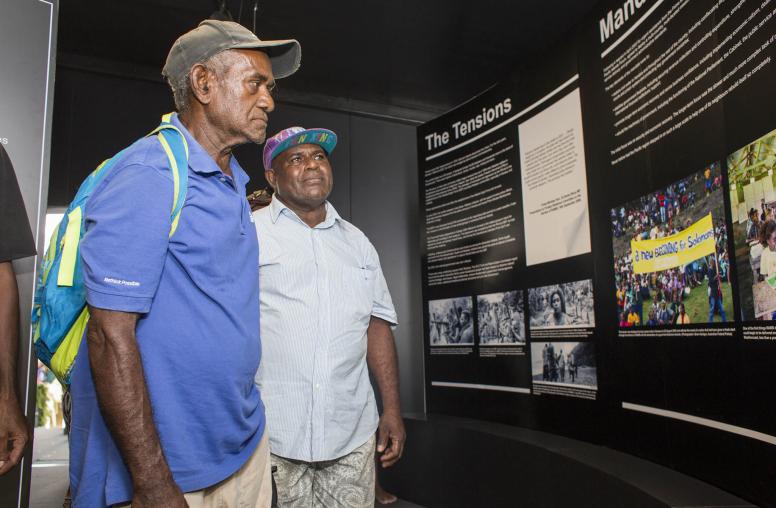Prospects for Peace in Northern Uganda
Public event co-sponsored with ENOUGH
As peace talks in Juba falter and the landmark truce between the Ugandan government and the Lord's Resistance Army (LRA) approaches its February 28 expiration, efforts to consolidate peace in Uganda remain on shaky ground. After a brief lull in fighting, rebel forces now appear to be planning a return to war. Urgent efforts are required—by the rebels, the Ugandan government and the international community—to construct an over-arching peace strategy that can bring an end to this two-decade long war once and for all.
"Prospects for Peace in Northern Uganda" is the second in a series of events sponsored by ENOUGH, a new joint initiative of the Center for American Progress and International Crisis Group. This event is co-sponsored with the U.S. Institute of Peace. By synthesizing targeted field research and political analysis with high-level advocacy and grassroots activism, ENOUGH aims to end ongoing crimes against humanity in Darfur, northern Uganda and eastern Congo, and to prevent mass atrocity crimes from occurring in the future.
Speakers
Co-Hosted by Senators Russ Feingold (D-WI) and Sam Brownback (R-KS)
- Betty Bigombe
Senior Fellow, United States Institute of Peace - John Prendergast
Senior Adviser, International Crisis Group and Co-Founder of ENOUGH - Michael Poffenberger
Executive Director of Resolve Uganda - Gayle Smith, Moderator
Senior Fellow, Center for American Progress and Co-Founder of ENOUGH




